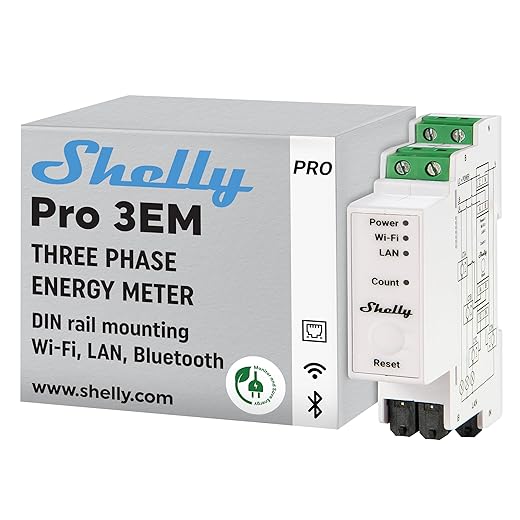









Harnessing Home Automation for Energy Efficiency
In an age where energy consumption is a growing concern, home automation emerges as a beacon of hope. Imagine a world where your home not only responds to your needs but also helps you save on energy bills. Yes, that’s right! Home automation does just that. But how does it work, and what benefits can it bring to your daily life? Let’s dive into the electrifying realm of home automation energy efficiency.
Understanding Home Automation
Home automation refers to the technology that allows you to control various home systems remotely. From lighting and heating to security and entertainment, automation systems provide you with unparalleled convenience. By integrating smart devices into your home, you can manage all these systems from your smartphone or voice-activated assistants like Alexa or Google Assistant.
So, why should you consider automating your home? It’s simple! With smart technology, you can optimize your energy use, leading to both savings and environmental benefits.
The Energy Efficiency Revolution
When we think about energy efficiency, the first thing that comes to mind is reducing waste. Just as a skilled chef knows how to use every ingredient without letting anything go to waste, home automation helps you maximize your resources. Here are some key components of energy-efficient home automation:
Smart Thermostats
A smart thermostat is like having a personal climate control expert at your fingertips. Unlike traditional thermostats that maintain a constant temperature, smart thermostats learn your schedule and adjust accordingly. For instance, if you leave for work every morning at 8 AM, your thermostat can anticipate your absence and lower the heating or cooling to save energy. In the evening, it can warm or cool your home just in time for your arrival.
Imagine coming home to a perfectly cozy environment without wasting energy throughout the day. Isn’t that a win-win?
Intelligent Lighting Systems
Have you ever left a room and forgotten to turn off the lights? With smart lighting systems, those days are behind you! These systems can be programmed to turn off lights when no one is in the room or dim them based on the time of day.
Consider this: a smart bulb uses significantly less energy than a traditional incandescent bulb. By replacing just a few of your home’s light fixtures with smart alternatives, you can reduce your energy consumption without sacrificing brightness or comfort.
Energy Monitoring Devices
What if you could see exactly how much energy each device in your home consumes? Energy monitoring devices allow you to do just that. They provide real-time analytics, helping you identify energy hogs that you might not even be aware of.
Think of it as a financial budget for your electricity usage. Just as keeping track of your spending helps you save money, monitoring your energy consumption helps you cut unnecessary costs.
Smart Appliances
From refrigerators that tell you when your groceries are running low to washing machines that operate during off-peak hours, smart appliances make energy efficiency a breeze. These devices can be programmed to run when energy rates are lower or when renewable energy sources are plentiful.
Imagine your dishwasher waiting patiently to begin its cycle until the sun shines bright and your solar panels are working overtime. That’s optimizing energy like a pro!
Integrating Renewable Energy Sources
Home automation also makes it easier to incorporate renewable energy sources into your household. If you have solar panels, automated systems can manage energy flow, ensuring that you utilize solar energy effectively. When the sun is shining, your home can draw power from the solar panels, and when it’s dark, it can seamlessly switch to grid energy.
This integration not only reduces your carbon footprint but also can lead to significant savings on your energy bills.
Conclusion
Home automation is not just a trend; it’s a transformative approach to energy efficiency. By leveraging smart technology, you can take control of your energy consumption, reduce waste, and save money in the process. From smart thermostats to energy monitoring devices, the options are vast and accessible.
So, are you ready to step into the future of home energy management? With a little investment in smart technology, you can make your home more efficient and eco-friendly, all while enjoying the convenience of automation.
FAQs
1. How much can I save on my energy bills with home automation?
Savings can vary greatly depending on your current energy usage and the devices you choose. Many homeowners report savings of 10-30% after implementing smart technology.
2. Is home automation difficult to set up?
Most modern home automation systems are designed for easy installation and user-friendly interfaces. Many devices come with step-by-step guides, making it accessible even for those who are not tech-savvy.
3. Are smart devices secure?
While smart devices can be vulnerable to hacking, many manufacturers prioritize security. Keeping your devices updated and using strong passwords can significantly reduce risks. Always research devices to ensure they meet your security standards.
